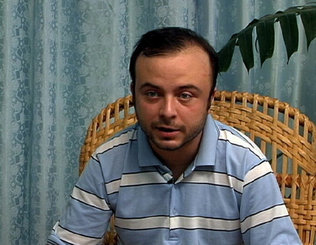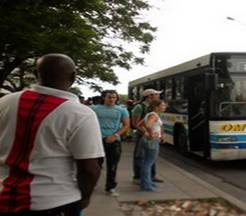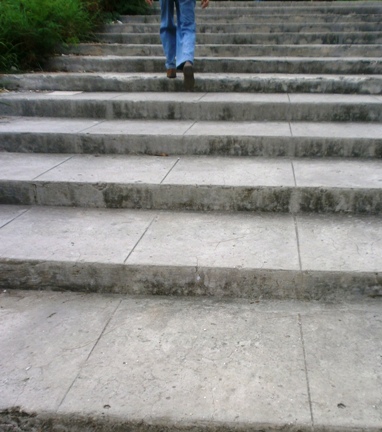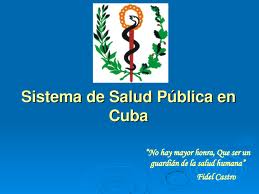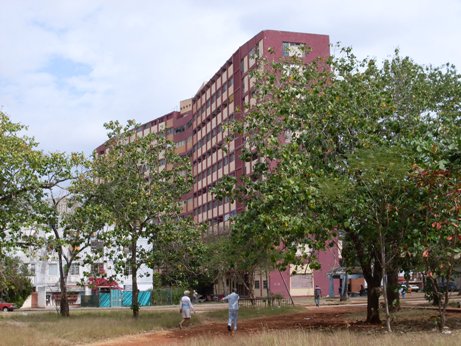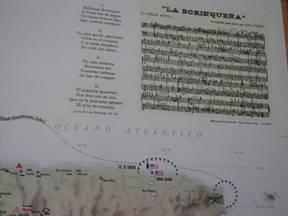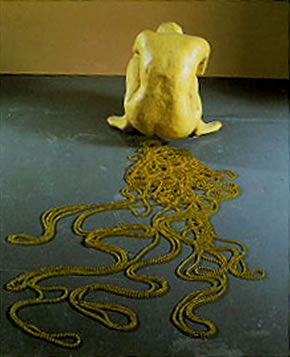By Miriam Leiva, Havana 06/07/2012
Extracted from www.cubaencuentro.com
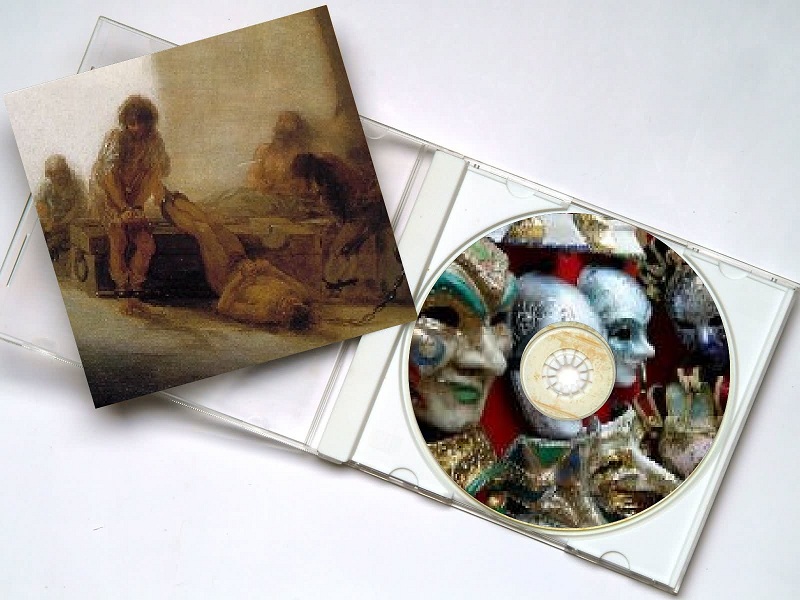 Cuban authorities for more than nine years avoided the analysis of their violations of human rights in the United Nations Committee on Torture; a period that coincides with the uprising of March 2003, when it subjected 75 peaceful protesters to summary trials and shot three young boat hijackers — who caused no bloodshed themselves –as well as the deaths of political prisoners Orlando Zapata Tamayo and Wilman Villar Mendoza on hunger strike, and it maintains strong repression over many members of civil Cuban society.
Cuban authorities for more than nine years avoided the analysis of their violations of human rights in the United Nations Committee on Torture; a period that coincides with the uprising of March 2003, when it subjected 75 peaceful protesters to summary trials and shot three young boat hijackers — who caused no bloodshed themselves –as well as the deaths of political prisoners Orlando Zapata Tamayo and Wilman Villar Mendoza on hunger strike, and it maintains strong repression over many members of civil Cuban society.
The 48th Session of the Committee analyzed the report presented by the Cuban Government the 22nd and 23rd of May, fulfilling its commitment as a State that is party to the Convention against Torture and Other Agreements or Cruel, Inhumane or Degrading Punishments (which it subscribed to in 1987 and the National Assembly ratified in 1995). On June 1 the Committee against Torture issued its Final Observations. The Cuban authorities always have denied the use of torture, in reference to the notable physical evidence, but the concept is much wider.
Article 1 of the Convention specifies that “’torture’ is any act by which serious pain or suffering, whether physical or mental,is intentionally inflicted n a person with the goal of getting information or a confession from him or a third person, punishing him for an act he may have committed or is suspected of having committed, or intimidating or coercing that person or others, or for whatever reason based on whatever kind of discrimination, when said pain and suffering is inflicted by a public official or other person in the exercise of public duties, at his instigation or with his consent or approval.”
The Committee against Torture is composed of 10 independent experts, proposed by the countries, but they work in their personal capacity. Their work is to supervise the application of the Convention by the states that are parties to it, which must present periodic reports and respond to questions about the complaints received, as well as take part in the meeting of the Committee for the consideration of the reports. It meets in Geneva twice a year, and on this occasion they analyzed Albania, Armenia, Canada, Cuba, the Czech Republic, Greece, Rwanda, and Syria.
As verified the reports of the international press agencies, the rapporteurs Nora Sveaass and Fernando Marino Menendez, together with other experts, analyzed the Report and referred in detail to the well documented complaints received. On May 22 and the next day, the Cuban delegation rejected all the accusations.
The Cuban deputy prosecutor Rafael Pino Becquer argued that between 2007 and 2011, 263 complaints of mistreatment in places of detention were answered,by reason of which “46 agents of the security forces were held criminally responsible.” He said that all the complaints about mistreatment were false, denied the existence of overcrowded jails, and said that there had not been a single prison death that could be blamed on the authorities. With regards to the human rights activists’ situation, he repeated the Government’s traditional falsehoods that they “cannot be qualified under that concept, according to the precepts of the UN” because their actions”. . . seek to destroy the internal order of Cuba (. . .) in the service and under the direction of a foreign power. In Cuba, the authentic defenders of human rights are protected. No one in our country has been persecuted or sanctioned for exercising his rights, including those of free expression and association.”
“. . . they look to destroy the internal order of Cuba (…) in the service and under the direction of a foreign power. In Cuba, the authentic defenders of human rights are protected. No one in our country has been persecuted or sanctioned for exercising his rights, including those of free expression and association.”
About the concept of danger, he expressed that it is applied by independent judges under the rules of due process in accord with sufficient proof,”and certainly not because of the political beliefs of the individuals. There only exist detentions under the rules of due process for a citizen or a group that wants to alter the public order, “and certainly not because of political beliefs of individuals. There only exist properly registered detentions for a citizen or a group that wants to alter the public order.”
The document “Final Observations” from the Committee begins showing that the Periodic Report presented by Cuba, more than nine years late, does not fully conform to the established guidelines, and regrets that some of the questions were not answered. It reiterated the recommendation of 1997 that defined the crime of torture in domestic law,as contained in Article 1 of the Convention.
“Final Observations” recommended that all detainees should be guaranteed all of the fundamental judicial rights; that the necessary measures are adopted so that prison conditions meet the UN’s Minimum Rules for the Treatment of Inmates; that diet and sanitary and medical resources are improved; that communication between relatives and a lawyer is guaranteed; that any cruel, inhumane or degrading punishments, such as solitary confinement in deplorable conditions, be completely prohibited.
The Committee raised concern about the legal ambiguity of former prisoners under “parole,” and confirmed the reports received about the arbitrary restrictions of their personal liberty and free movement. It also exposed the need to modify the provisions of the Penal Code regarding pre-criminal social dangerousness, “an ambiguous criminal offense.”
Among otherissues traditionally rejected by the Government of Cuba, the Committee suggested the ratification of the Optional Protocol of the Convention in order to create a system of periodic visits by national and international observers without prior notice, designed to prevent torture or inhumane and degrading punishments, and reiterated its previous recommendation that non-governmental human rights organizations be permitted entry into the country, and to cooperate with them in the identification of cases of torture and mistreatment. It also expressed serious reservations about the three last executions of death sentences, after summary proceedings, carried out April 11, 2003, and called for the examination of the abolition of the death penalty.
The committee started that the State Party should guarantee the impartial and exhaustive investigation without delay of all the deaths of detainees, and the monitoring and adequate medical treatment of detainees who declare hunger strikes. It demonstrated concern because significant changes have not been produced in the judicial system since the presentation of its initial report in 1997, particularly the lack of independence of the executive and legislative powers. It recommended a guarantee with respect to the Basic Principles of Lawyers; called for the end of repression with arbitrary detentions or the application of pre-criminal security measures against political opponents, human rights defenders and activists, independent journalists and other actors of civil society who put themselves and their families at risk.
The Committee sought to guarantee that everyone be protected from the intimidation and violence to which the simple exercise of their freedoms of opinion and expression and rights of association and peaceful assembly could expose them, as well as to authorize enrollment in the Register of National Associations of non-governmental human rights organizations that apply for it. Also, it invited the ratification of fundamental treaties of human rights, in particular the International Pact of Civil and Political Rights, the International Pact of Economic, Social and Cultural Rights, and others.
In Cuba the achievement of this session of analysis has not be published,almost certainly the Government will default on the recommendation to widely disseminate through official news media and non-governmental organizations the report presented to the Committee and its final observations. In any case, one can expect repression of the opposition NGOs that divulge it.
Mr. Manfred Nowak, special rapporteur against torture, could not carry out the invitation to visit Cuba in 2009, the Committee urged repeating it to his successor, Juan E. Mendez. The Cuban government representative stated that he is reconsidering a visit, even though he “had no faith in the sources of information used by the Committee.”
Let us remember the initial illusion of Mr. Nowak, who ended up with a total disappointment, because they gave him excuses and changed the dates of each of his proposed trips, evidently due to his statement that he proposed to visit prisons without prior warning and meet with all Cubans. Now his successor, Mr. Juan E. Mendez, 67, an Argentinian jailed for 18 months during the military dictatorship of the 70’s, could expect a similar situation, above all after the detailed display of the repressive methods of the Government against the Cuban people.
Translated by mlk
June 19 2012


